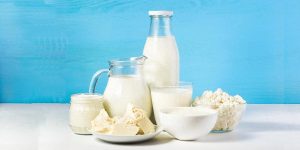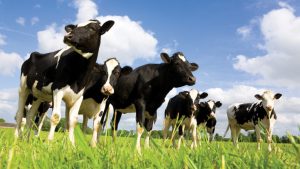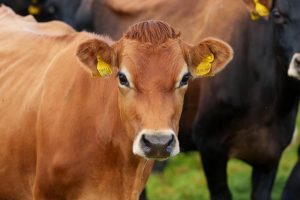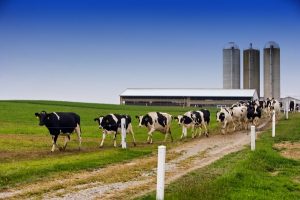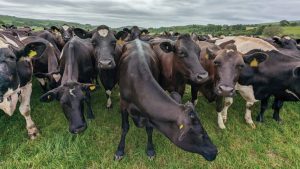
That was the message from independent vet consultant, Dr Tom Chamberlain from Chalcombe Ltd, at a Lallemand Animal Nutrition workshop at Total Dairy in Stratford-upon-Avon.
A live poll run during the workshop indicated that the vast majority (92%) of farmers have seen heat stress on their farm.
And 86% thought they’d lost more than 50 litres/cow during lactation as a result of this, with many suggesting they’d lost more than 150 litres/cow.
To reiterate the impacts of heat stress, Dr Chamberlain shared results of a study, carried out in conjunction with Lallemand, to assess whether heat stress is a problem in British dairy herds.
The study focused on nine farms in England in the summer of 2022 – from Cheshire in the north to Devon in the south – and temperature and humidity were measured inside cattle sheds and out at grazing.
It shows the amount of time cows suffered from heat stress during the trial period, which ran from April to October, was 57% for cows kept inside, and 22% for those out at grass
The study suggests the average housed cow lost 139 litres of milk production due to heat stress during the summer, while the average cow out at grass missed out on 129 litres of production.
Dr Chamberlain said: “Across those nine farms, the average loss of production from heat loss is £128 per cow, with herd losses ranging from £24,000 to £90,000.”
He encouraged farmers to draw up a heat stress management plan for summer 2023 and suggested adopting a siesta management approach.
“This involves getting the cows in at 10am and keeping them in until after milking, before turning them out again at 4pm,” he added.
“This means they are indoors during the really hot period; when there is a lot of daylight the cows will have a major grazing bout in the evening, so you are still making good use of grass with this approach.”
Dr Chamberlain also encouraged farmers to put cows in paddocks with the best shade on hot days, to make sure there is adequate water supply to paddocks, and to invest in tree planting to create shaded areas in the future.
Lallemand’s technical support manager, Nico Vreeburg, told the seminar that farmers also needed to ensure they had adequate ventilation in their sheds for dealing with heat stress.
He said: “Warm summers are becoming more regular and because cows spend 75% of their time inside, it’s worth investing in good housing.
“In badly designed sheds, it could be 5 °C hotter than outside of the shed, however in a good shed it could be 5 °C cooler.”
Mr Vreeburg also said heat stress will result in cows ruminating less and it can cause problems with acidosis.




